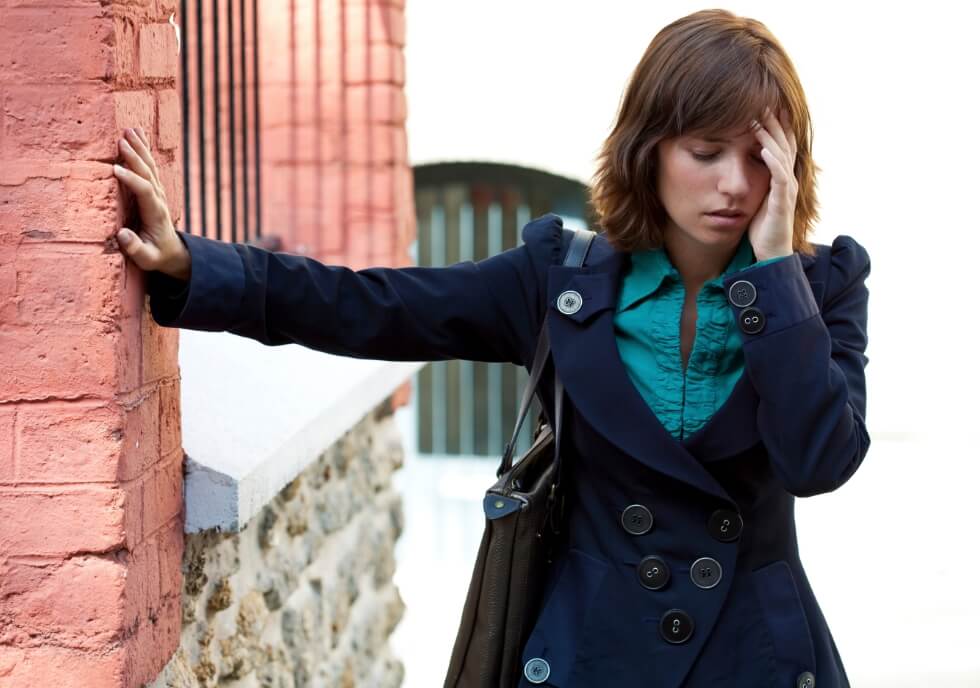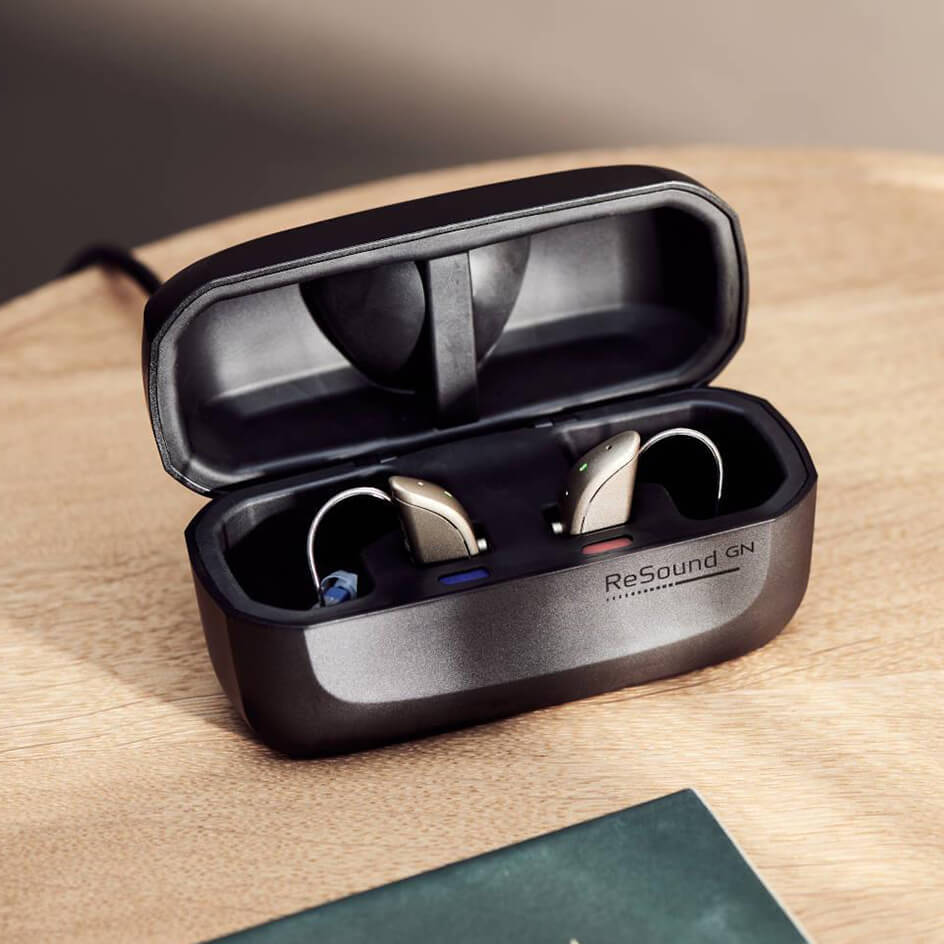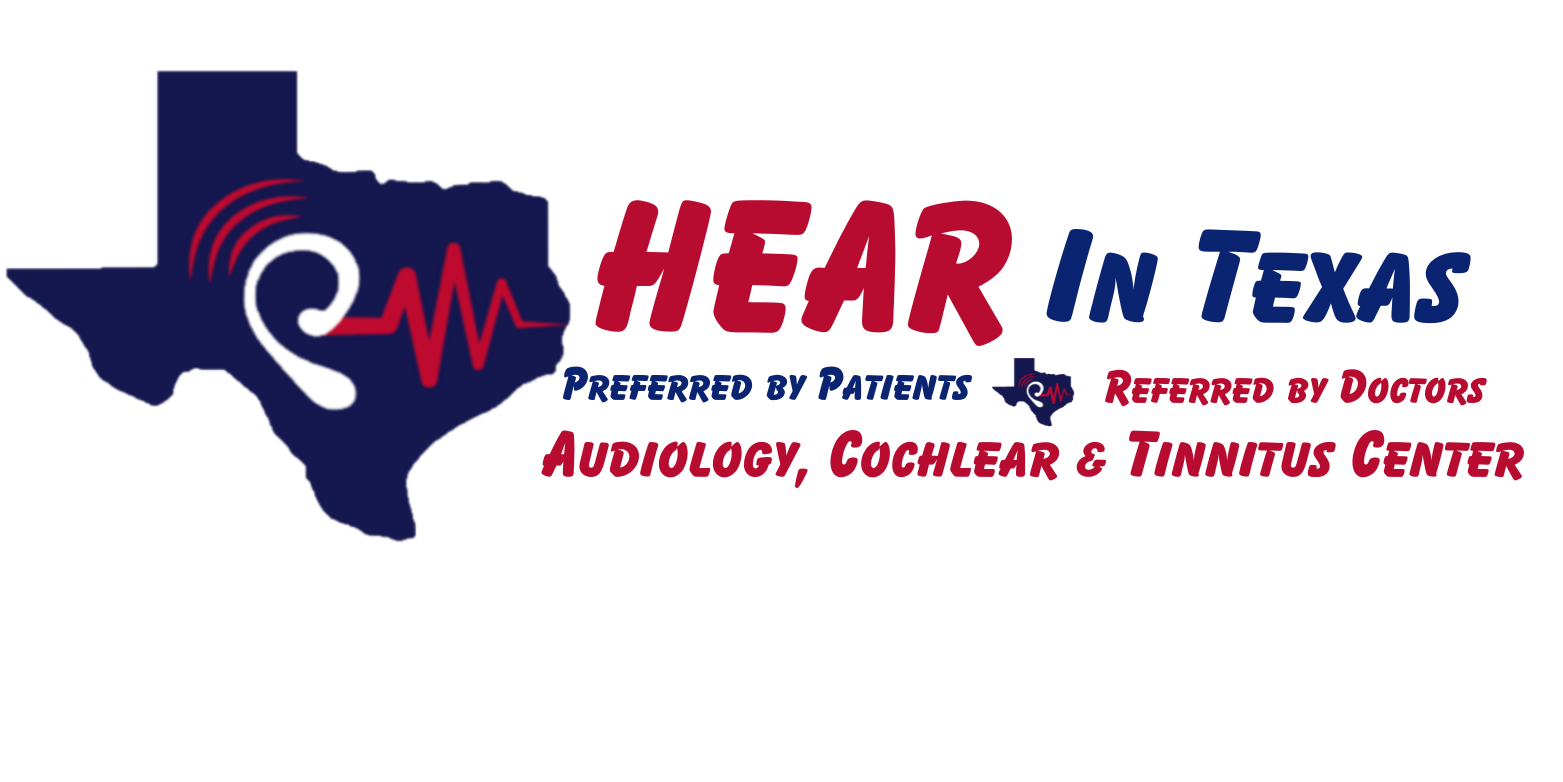HEAR IN TEXAS
Positional Vertigo
Hear In Texas Treats Positional Vertigo

Dizziness, vertigo, and balance disorders are common conditions affecting about 90 million Americans during their lifetime. For most, vertigo is an inconvenience, but more than one-half of the accidental deaths in the elderly and over 300,000 hip fractures in individuals over age 65 are from balance-related falls associated with positional vertigo.
Vertigo and unsteadiness on your feet are toward the top of the list of complaints by patients over 70 years of age. Keeping your balance requires multi-sensory coordination of your vision, your vestibular system, and your proprioceptive system (sensory input from our muscles and joints).
Vertigo and balance disorders come from any disturbance or malfunction in one or a combination of these systems that depend on your ears in order to function correctly. Hear in Texas helps thousands of people deal with positional vertigo as a part of our commitment to the overall health and hearing health of the New Braunfels community.

What Do Your Ears Have To Do With Vertigo And Balance?

Your ears play a critical role in helping you stay steady on your feet or stay balanced as you change positions. The vestibular system, responsible for helping with balance, is located in the semicircular canals of your inner ear, functioning like the bubble in a carpenter’s level in order to help you maintain your balance.
As the fluid inside the semicircular canals interacts with hairlike cells along the walls of the canals, detecting up, down, and side-to-side movements, signals related to your position are transmitted to your brain. When your brain receives these signals, it directs other parts of the body to react in order to keep you upright.
Disorders of the vestibular system cause the fluid or hair cells to overreact to minor movements or even when you are completely still, causing serious problems like vertigo, imbalance, nausea, and vomiting. Vestibular system damage can affect people of any age due to disease, syndromes, toxins, or trauma.
The Symptoms Of Positional Vertigo

A sense of dizziness, vertigo, or motion intolerance, which can follow rapid head movements or turning too quickly, may occur briefly or for several hours at a time. Sensations of vertigo include a persistent feeling of unsteadiness or imbalance that makes it difficult to sit up in bed, get up from a chair or walk.
Vestibular migraines, classified as a strongly hereditary neurological disorder, are also related to vestibular system damage, affecting one in every four females and one in every six males. These migraines tend to cause dizziness, vertigo, nausea, eye pain, and changes in vision rather than the splitting headaches usually associated with migraines.
The Symptoms Of Positional Vertigo

Types Of Vertigo And Balance Disorders
Deterioration of the inner ear structures, either as you age or due to some other cause, produce hearing loss but might also produce vertigo or a balance disorder. Damage to your inner ear structures can also derive from various illnesses or injuries, such as:
01
Labyrinthitis or Vestibular Neuronitis
Deterioration of the inner ear structures, either as you age or due to some other cause, produce hearing loss but might also produce vertigo or a balance disorder. Damage to your inner ear structures can also derive from various illnesses or injuries, such as:
02
Meniere’s Disease
Involves an increased pressure within the labyrinth structure, which typically affects only one ear (though it can affect both). The predictable buildup of pressure before an episode makes it possible to prescribe medications to help manage the condition. Meniere’s disease is usually temporary and goes away naturally after a few years.
03
Perilymph Fistula
Occurs when fluid from the inner ear leaks into the middle ear. It is most common in birth defects, associated with head injuries or surgeries, after a severe ear infection, or as an after-effect of scuba diving.
04
Benign Paroxysmal Positional Vertigo (BPPV)
Involves the migration of calcium carbonate, otoconia from the utricle into one of the semicircular canals, interrupting the normal movement of fluid inside the semicircular canal. This interruption of the natural movement of fluid produces false signals to the brain regarding balance. It is among the most common causes of vertigo.
05
Mal de Debarquement Syndrome (MdDS)
Or Disembarkment Syndrome includes a sensation of prolonged movement like the rocking of a boat or motion of a treadmill even after you have gotten off of them.
How Does Hear In Texas Treat Positional Vertigo And Balance Disorders?

The cause and severity of each condition after diagnosis determines the treatment options applied to correcting, rehabilitating, or managing symptoms.
Medication can treat inflammation-causing infections like labyrinthitis and vestibular neuronitis or help manage the pressure related to Meniere’s disease. Vestibular Rehabilitation Therapy (VRT) is among our most common treatment options for positional vertigo and balance challenges.
VRT involves the use of a series of exercises designed to help desensitize the balance system, especially as it adjusts to certain movements. Its purpose is to allow patients to move around freely without triggering dizziness or vertigo, protecting them from becoming unsteady on their feet and preventing falls.
Among the therapeutic approaches to treat BPPV is Canalith Repositioning, which has produced measurable results for more than 25 years. Success rates for treatment are around 95%, take only minutes to perform, and usually somewhere between 3 and 4 treatments. These maneuvers help move otoconia from the semicircular canal and put them back to the utricle where they belong.
Helping You to Choose the Right Hearing Technology through our Partnerships with all Manufacturers
With each level of hearing loss and person that we help having their own unique set of circumstances, there is never a “one size fits all” approach.
That’s why we partner with every hearing aid manufacturer to ensure that we can always find the right solution for your unique needs.
This also means that we’re often front of the queue to get our hands on the latest hearing technology to ensure that you always have access to the latest developments.

Hearing Health Resources
Latest News

How Hear in Texas Supports Veterans With Hearing Loss
New Blog Post DescriptionHonoring Veterans With Accessible Hearing Care At Hear in Texas, we hold a deep appreciation for the sacrifices that veterans have made for our country. As a veteran-owned bus... ...more
Hearing Loss ,Patient Resources &Veterans
June 24, 2025•3 min read

Four Ways to Optimize Your Hearing in 2025
Your hearing health is a cornerstone of your overall well-being. Staying informed about the latest advancements in audiology can help you make empowered decisions about your hearing care. Optimizing... ...more
Patient Resources ,Hearing Aids
May 05, 2025•3 min read
Schedule a Vestibular Testing
Balance issues can severely affect someone’s quality of life and lead to serious injuries from falls if left untreated. Your audiologist at Hear in Texas has the knowledge, expertise, and experience to help prevent all issues associated with positional vertigo.
If you, or someone you love, are experiencing frequent vertigo or dizziness that is making them feel unsteady on their feet, contact us by submitting the adjacent form so our specialist can help you schedule an appointment.
© Copyright 2025 Hear in Texas. All Rights Reserved. Designed by Topline




